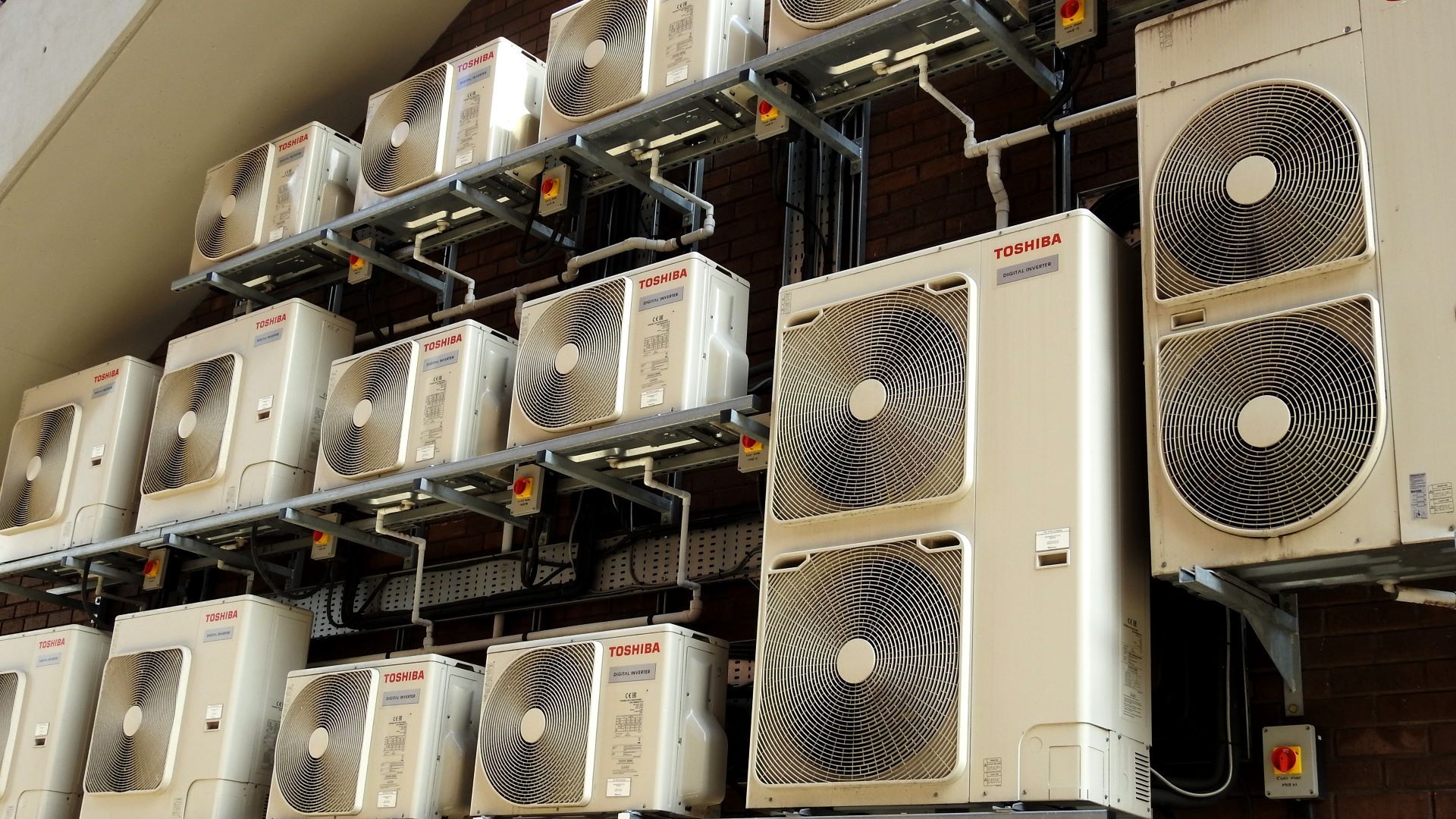Tomorrow, the European Parliament is set to approve provisional agreements with the European Council on two regulations aimed at significantly reducing emissions from fluorinated gases (F-gases) and ozone-depleting substances - important contributors to the climate crisis.
The S&D Group at the beginning of this mandate played a central role in ensuring the inclusion of these vital legislations within the Fit for 55 package, which is designed to help the European Union meet its 2030 climate target, as these emissions are particularly harmful.
Thanks to the relentless negotiations led by the S&Ds throughout the legislative process, F-gases, which can be up to 25,000 times more climate-damaging than CO2, will be phased out by 2050. Additionally, they have effectively incorporated limitations on PFAS chemicals into the F-gases regulation, addressing growing environmental and public health concerns.
The new regulation on ozone-depleting substances – elements responsible for the 'ozone hole' and global warming – will include phase-out timelines, thanks to S&Ds. They also managed to support industries and workers transitioning to eco-friendly alternatives, notably in the building sector.
Günther Sidl, S&D negotiator on F-gases, said:
"With 2023 marking the hottest year on record and climate change intensifying, Europe needs to do more to cut its greenhouse gas emissions. F-gases can be found in air conditioning systems, refrigerators, and heat pumps, and these toxic gases are a major contributor to the climate crisis.
“The reduction of F-gases will not only benefit the climate, but also the economy. We know that clean alternatives, like for heat pumps, already exist offering energy-efficient solutions and savings for consumers. And we need to provide industries with certainty in their investments to reduce the use of these harmful gases.
“Additionally, the S&D Group achieved limitations on PFAS chemicals, commonly referred to as 'forever chemicals.' These substances, extensively used in everyday products, poison the water we drink, the food we eat, and the entire environment. Their restriction is a vital component to safeguard public health.”
Rovana Plumb, S&D negotiator on ozone-depleting substances, said:
“In the Ozone regulation we successfully introduced a maximum emission level and the obligation for member states to establish a timeline for phasing out quantitative limits.
“Responsible for the ozone hole and global warming, ozone-depleting substances are widespread in building material foams. Thanks to our efforts, this deal will boost job creation through dedicated trainings to clean up our buildings.
“With the ozone-depleting substances and F-gases regulations, the European Union is expected to achieve a reduction equivalent to 500 million tons of CO2 emissions by 2050, benefiting both people and the planet.”










